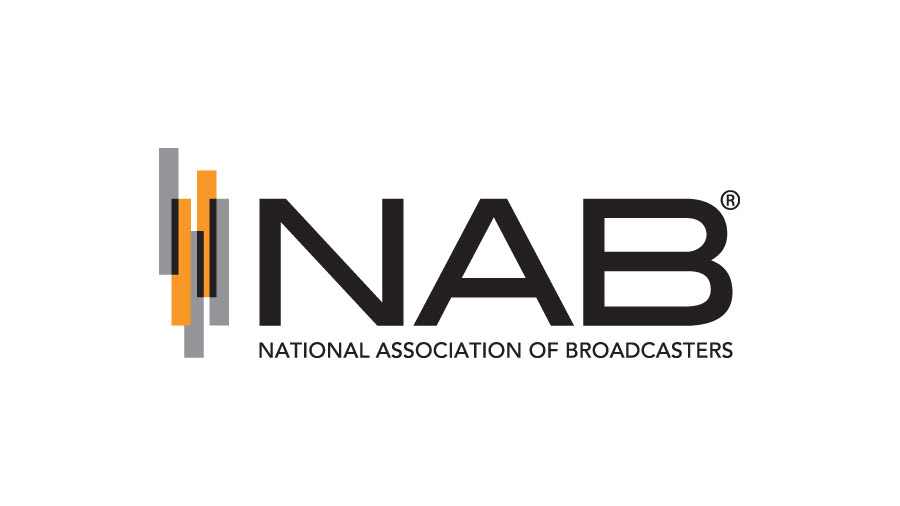NAB Seeks Licensed Status for Multicast Channels
Said that is way to serve public's interest in preserving TV service

The smarter way to stay on top of broadcasting and cable industry. Sign up below
You are now subscribed
Your newsletter sign-up was successful
As they transition to ATSC 3.0, the Next Gen TV transmission standard, broadcasters want the FCC to clarify/modify the TV station license framework for simulcasting to extend to multicast streams.
The FCC is allowing stations to partner on distribution arrangements so that broadcasters can continue to deliver a primary stream in ATSC 1.0 given that ATSC 3.0 is not backward compatible with current sets.
Related: ATVA Says FCC Should Mandate HD Before Allowing Broadcast Internet
The National Association of Broadcasters, in a petition for declaratory rulemaking, wants the FCC to declare that various multi-station arrangements for hosting and originating multicast streams in ATSC 1.0 and 3.0 are OK.
It said that extending the TV station license to cover multicast streams would help establish that the originating content provider, whether primary stream or multicast stream, is responsible for compliance with FCC rules, or liable for potential violations.
Related: Everything You Need to Know About ATSC 3.0
"The Commission would simply be making clear that the originator of a particular multicast stream, not the host, would be the sole party responsible for ensuring compliance with statutory and regulatory requirements regarding hosted multicast streams," NAB told the commission. "This would include, but not be limited to, the Commission’s rules regarding political broadcasting, children’s programming, equal employment opportunities, the public inspection file, indecency, sponsorship identification, station identification, contests, the CALM Act, and the Emergency Alert System."
The smarter way to stay on top of broadcasting and cable industry. Sign up below
The idea is that if an originating station wants to start broadcasting in ATSC 3.0 and strike a deal with another station in the market to host a 1.0 simulcast of its multicast channels as well as primary channel, it is clear that it is the originating station that must assure the above compliance.
Related: FCC Seeks Comment on ATSC 3.0 Signal Extension
NAB said this would also make it easier for noncommercial stations to strike deals in which they could be paid for carrying the signals of commercial stations.
NAB also wanted the FCC to rule that a station moving to ATSC 3.0 can strike a deal with a hosting station to air its multicast streams in 1.0 regardless of whether the originating station delivers those multicast channels in 3.0.
NAB said it is not asking the FCC to extend carriage rights to multicast streams, which are not subject to mandatory cable must-carry, but it does say the FCC should not subject the new arrangements to broadcast ownership rules.
"Grant of these requests will help preserve existing programming viewers enjoy today and will also help speed the rollout of Next Gen TV and its improved features and services to American viewers," NAB said.
Contributing editor John Eggerton has been an editor and/or writer on media regulation, legislation and policy for over four decades, including covering the FCC, FTC, Congress, the major media trade associations, and the federal courts. In addition to Multichannel News and Broadcasting + Cable, his work has appeared in Radio World, TV Technology, TV Fax, This Week in Consumer Electronics, Variety and the Encyclopedia Britannica.

